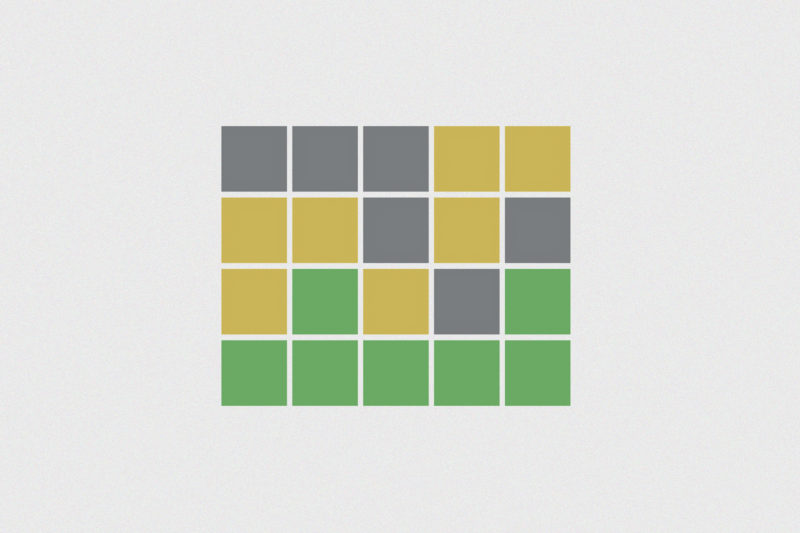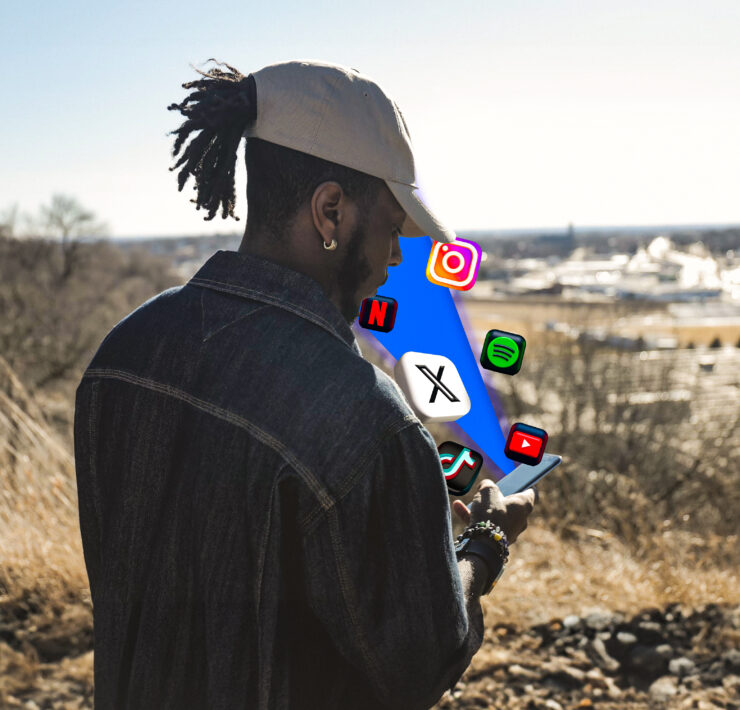
Is Wordle getting harder? That’s the internet rumor, following the New York Times’ very expensive acquisition of the ubiquitous online word game. The NYT vowed not to change Wordle, but many fans suspect that they upped the challenge level of the words used.
However, a little fact-checking reveals that the NYT hasn’t altered the original creator’s planned list of words, which he mapped out months in advance. That’s right. The New York Times hasn’t even started picking their own words yet. Actually, the only changes they’ve made so far was to remove a few words they thought were too obscure. So, yeah, the NYT has actually made Wordle slightly easier.
But on the internet, we never let the facts get in the way of a good hunch and that’s evident in how many people react to the Times’ insistence that they’ve barely popped the hood on their new toy.
Pastor and writer Matthew Shallenberger posted a viral Twitter thread about the role confirmation bias plays in Wordle fans blaming the NYT for their woes, carefully laying out the simple facts and making some eloquent observations about how and why we choose to believe what we do.
It didn’t matter. His mentions were still flooded with people insisting that Wordle is harder, no matter what the facts say.
There are any number of reasons people might think they’re struggling more with winning Wordle. Maybe they’re misremembering how much they struggled pre-NYT. Maybe they coincidentally really have lost a few more times lately than they used to. Whatever the reason, the NYT isn’t to blame. But once you get the idea in your head that there’s someone else to blame that isn’t you, it’s hard to shake that idea, whether or not the facts line up.
All told, it’s a good, zero-stakes example of how misinformation spreads online. You start with a hunch that conforms to your biases, other people hear it and don’t even bother to fact check it because, well, it sounds true. And before you know it, a piece of fiction is just completely accepted as reality.






















